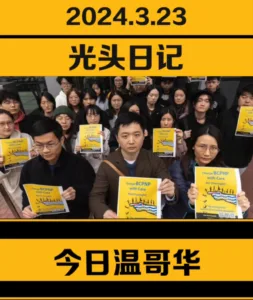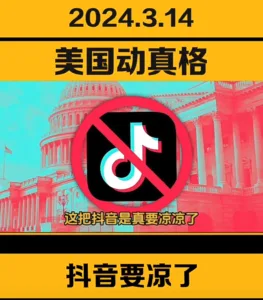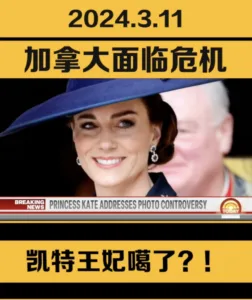Faced with a cash crunch, the TTC is proposing sweeping service cuts throughout the system, including subway, streetcar and bus routes.
The 18-page list of cuts proposed to take effect Jan. 1 will be discussed by the Toronto Transit Commission today as part of its effort to deal with a budget shortfall looming in 2004, projected to range from $40 million to $51 million.
But Councillor Howard Moscoe, who chairs the nine-member commission, said the suggested cuts were “a dance we have to go through each year.”
“This is an annual ritual that we go through and, eventually, someone comes up with the money” to avoid them, he said.
Management is seeking approval to cut up to four trains from the Yonge subway and three trains from the Bloor line, with the bulk of the cuts falling on weekends.
In other proposed cuts:
On the 511 Bathurst streetcar line, rush hour waiting times would rise to 5 minutes, with average passenger loads increasing to up to 60 people.
The busy 501 Queen streetcar line would lose two cars in the morning and evening rush hour, hiking average passenger loads to 86 people per car.
The 6 Bay bus would drop two buses in the morning and one in the evening rush hour, with loads rising to 48 from 42.
On the 11 Bayview bus, which runs from Davisville Station to Steeles Ave. via Sunnybrook, waiting times would double to 60 minutes in the late evening on weekends and holidays.
TTC chief general manager Rick Ducharme said there would be no layoffs if the cuts went through.
“We have between 300 and 500 people retire each year, from 10,500 employees,” he said.
Moscoe said the cuts aren’t going to happen.
“In fact, we specifically said no service cuts. Management can bring anything they want, but as far as I’m concerned, it isn’t going to happen.”
He said there had been cuts once, about nine years ago. “We had to live with those horrible cuts for a year and get an earful from our riders.”
Moscoe, a key supporter of mayor-elect David Miller, noted that Miller campaigned on a platform of increasing transit service, not decreasing it.
Miller said transit is too important to the health of the city to allow it to fall into decline.
“I think we should be providing service levels that encourage people to take the TTC,” Miller said.
He is urging the commission to hold off on taking any action pending word from the provincial government on its promise to turn over a 2 cent-a-litre share of gasoline tax revenues for transit.
“We know they’ve made a commitment. The only questions are: When and how much?”
Moscoe said the city should be asking Premier Dalton McGuinty for a “down payment” of $50 million on his pledge, to forestall a fare hike or service cuts.
The proposals are landing in the politicians’ laps with little advance warning, said Gord Perks, of the Toronto Environmental Alliance.
“This is unbelievable,” Perks said.
“These aren’t tiny little routes in the middle of nowhere. This is the whole TTC being cut on Jan. 1, a bit here and a bit there.”
The transit system faces a financial squeeze because of an expected ridership drop to 410 million rides — compared with the peak of 459 million rides in 1990 — and cost increases, particularly for wages, which are due to increase by 3 per cent April 1.
Management has offered city council some hard choices:
Hike fares by up to 25 cents a ride effective Jan. 1. (The price of a token already rose 10 cents, to $1.90, on Jan. 1 this year.)
Increase the city’s annual transit subsidy to $233 million from $182 million this year, a move that would probably require a property tax increase.
Impose more service cuts, on top of those to be outlined today.
Ducharme said he is reluctantly recommending the across-the-board cuts even though it goes against the strategy of promoting transit use to fight smog and traffic congestion.
“People are going to say: We already have a lack of transit, so why are we doing this?” Ducharme said.
“Well, it’s a straight budget issue.
“On one hand, we’re talking about ridership growth and on the other hand we’re talking about reducing service. It’s a quandary.”
“None of this is okay,” said Councillor-elect Joe Mihevc, a veteran TTC commissioner. “The real choice is whether we want to diminish the TTC to basically subways with a few bus lines, or do we really want to become a transit city? That’s the fork in the road we’re at right now.”
He said the situation makes seeking help from the federal government more urgent.
“We can’t wait for Paul Martin to make this a promise to be delivered in 2005,” Mihevc said.
“We don’t have a year to wait. If he’s serious about a new deal for cities, we need it delivered now.”
With files from Philip Mascoll








